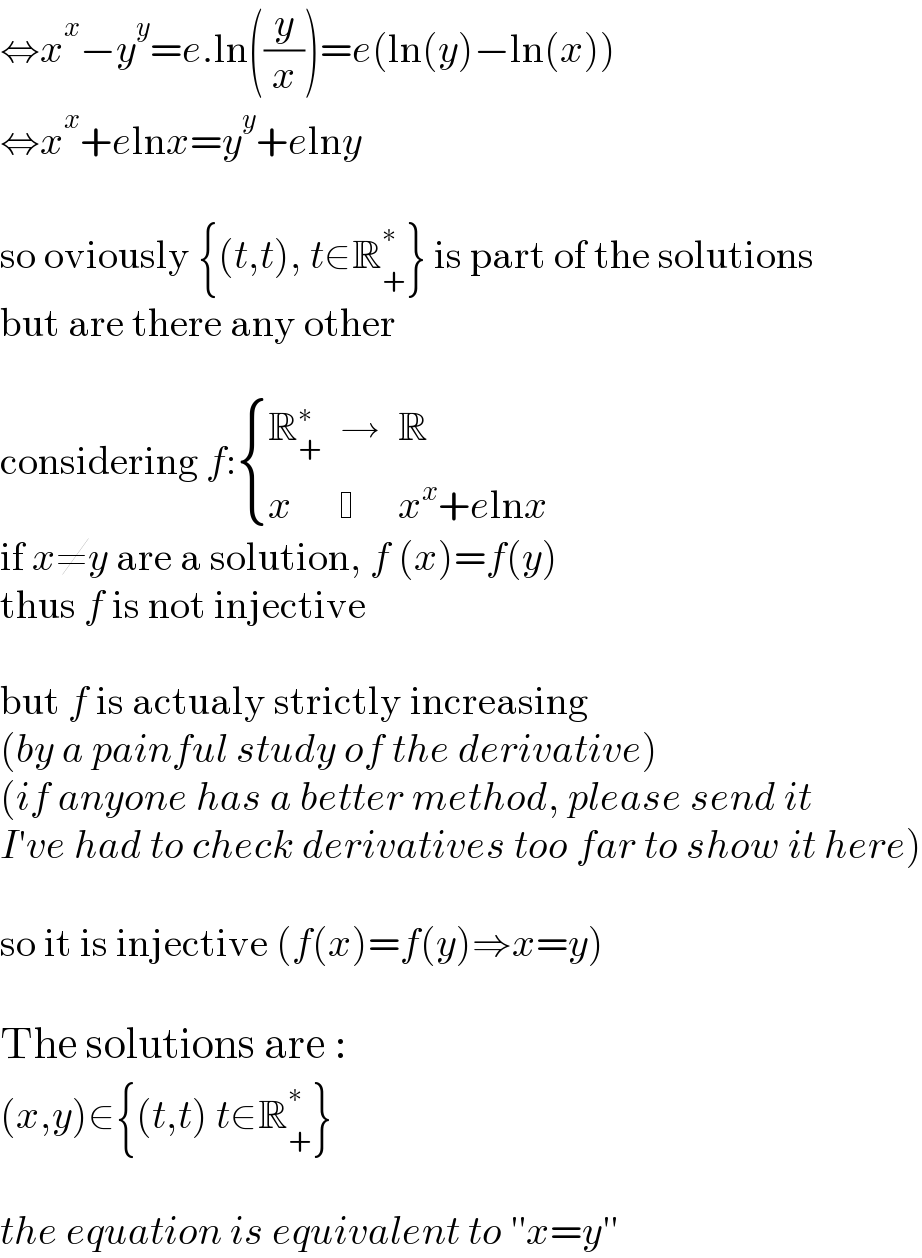
Question and Answers Forum
Question Number 143906 by mathdanisur last updated on 19/Jun/21

Answered by TheHoneyCat last updated on 19/Jun/21

Commented by mathdanisur last updated on 19/Jun/21

| ||
Question and Answers Forum | ||
Question Number 143906 by mathdanisur last updated on 19/Jun/21 | ||
 | ||
Answered by TheHoneyCat last updated on 19/Jun/21 | ||
 | ||
| ||
Commented by mathdanisur last updated on 19/Jun/21 | ||
 | ||